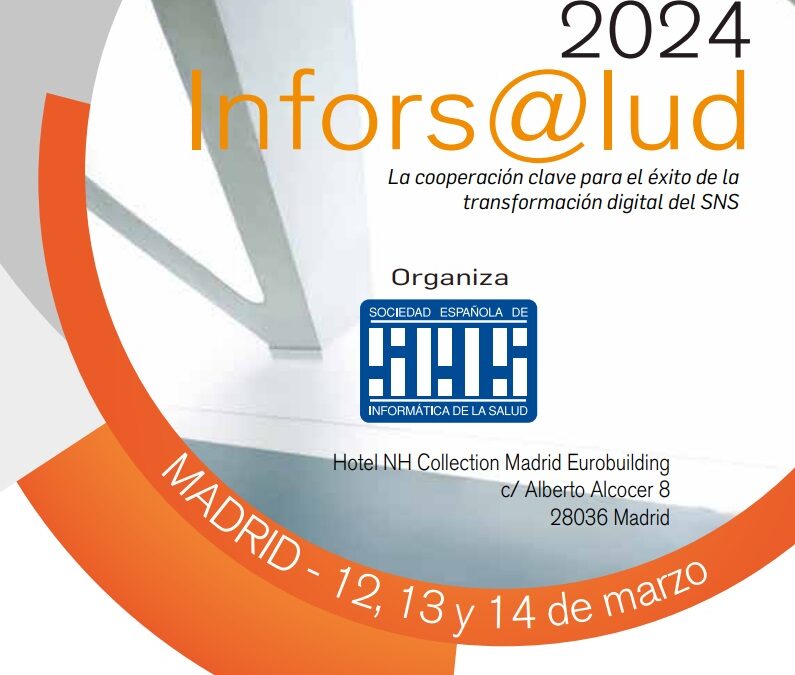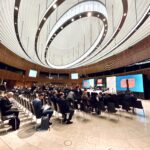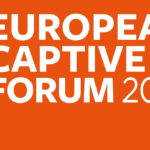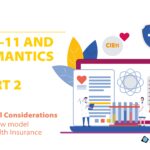Once again Delonia attended the Infors@lud congress held on March 12, 13 and 14 in Madrid, an essential event for all those interested in the digitization of healthcare. There we have shared experiences with the technological protagonists of the sector and attended interesting sessions and round tables. In this XXVII National Congress of Health Computing 2024 we have had the privilege of accompanying ViDAL Vademecum at its stand, where in addition to presenting the Delonia Digital Private Prescription we have been able to learn first-hand about Asserta‘s pharmacological management proposals.
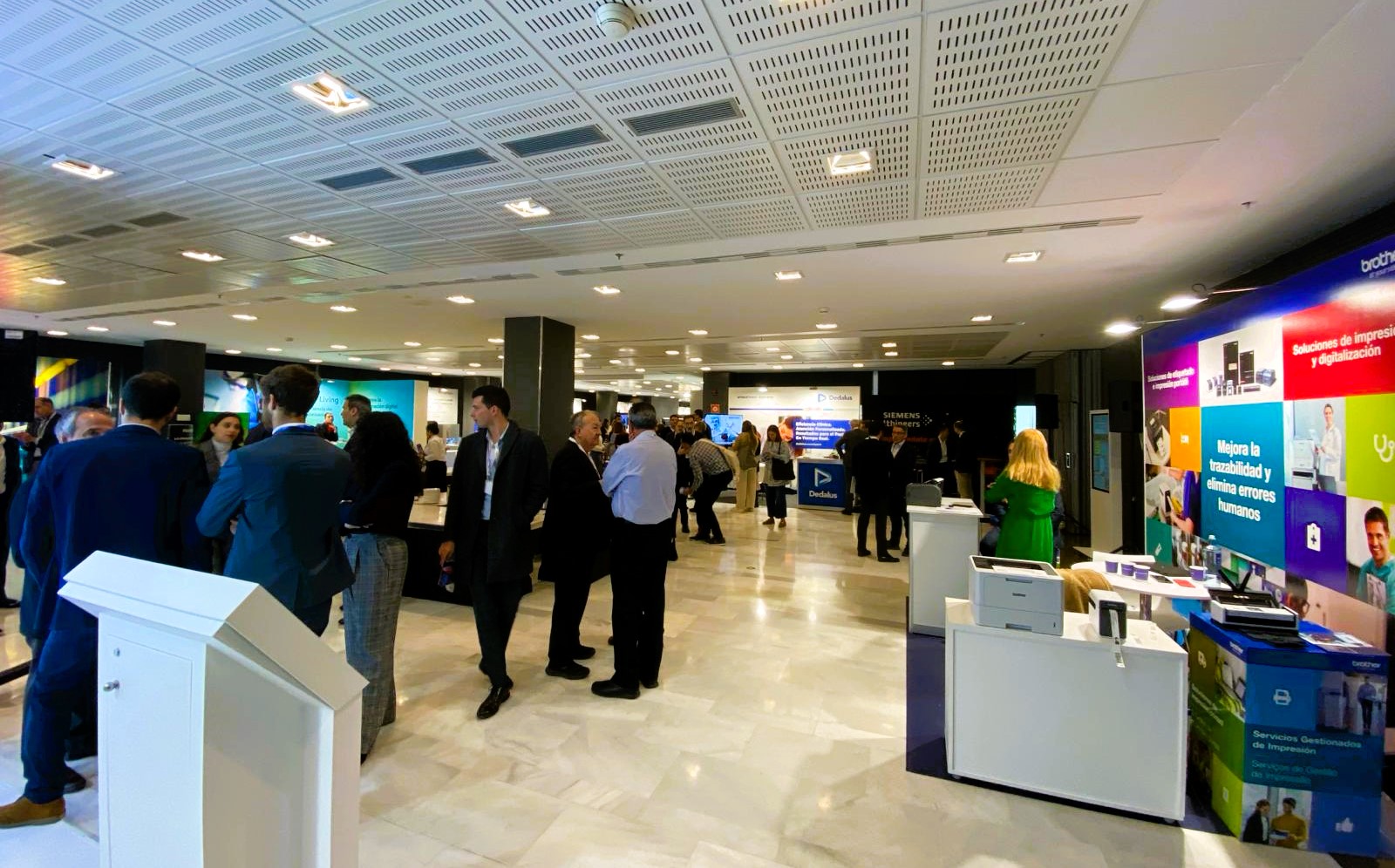
1. Cooperation as a key to success
The theme of this edition was “Cooperation as the key to success in the digital transformation of the NHS“. In this regard, and throughout the meeting, it has become evident not only the need to cooperate to digitize the National Health System as the motto dictates, but it is also evident that there is an increasing need for the cooperation on technology companies of different sectors to achieve synergies and efficiencies that lead to better solutions for customers.
Likewise, several debates have focused on the digitization processes at the regional level and their convergence in the National Health Service projects and in the single European space, which is only possible through an effective and constant cooperation mechanism.
2. Convergence and integration of systems
In the different sessions, an idea that seems to have taken hold emerged: the need to work in blocks, to collaborate and integrate. Once again, any technological solutions seeking a certain scope must be able to to intregrate with the previous world and with parallel solutions complementary to the system. Also in this respect, and supporting the federal work formula, the autonomous regions develop their solutions independently, but with a regulatory framework and information structures that allow for subsequent integration and convergence.
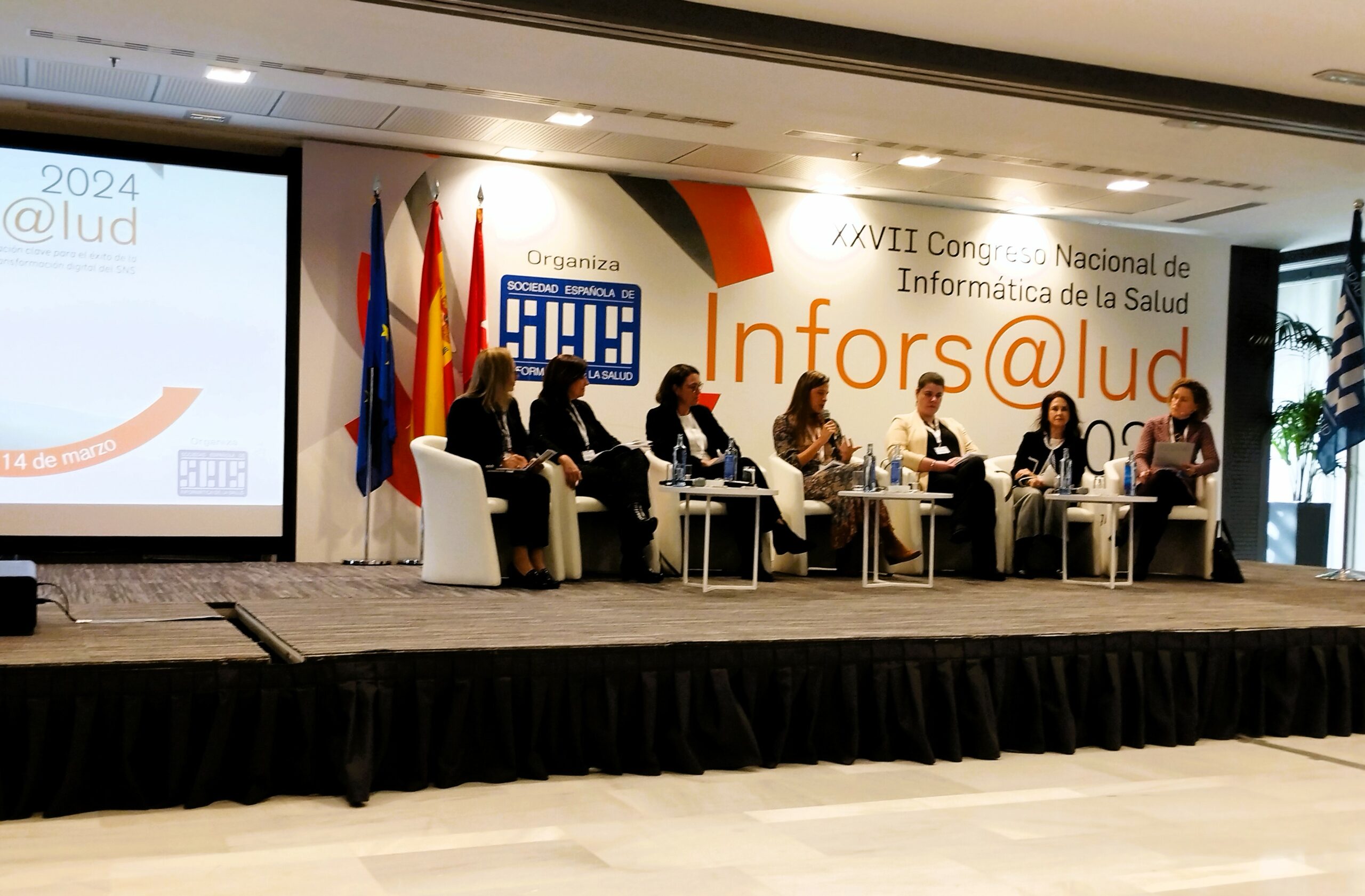
3. People as an instrument of change
Digital transformation requires the involvement of people, who must assume new roles, responsibilities and work patterns. As always, technology is a tool, but the change has to be made by people. In this regard, in different debates and presentations, emphasis is placed on the responsibility of people, the importance of training processes and the progressive path that must be followed to consolidate these changes, in which the following are the key elements, health professionals and in the citizens and patients, users of the new systems to be implemented.
4. European Health Data Space
The proposal of the European Health Data Space will be of great significance in the future and, although it is a project that is already being worked on, it is not without its difficulties. It could not be otherwise, given the ambition of the proposal. This space will be definitive in providing an adequate framework for the use of primary data for healthcare itself, but also for making secondary use of it, for example in research. The message is that work must continue on this specific European framework initiatedin 2022, which requires ongoing work on defining rules, standards, common practices, infrastructures and governance frameworks.
In this context, another line of work and discussion is the securityThe security required for the management and exploitation of health data, especially in the hybrid systems in which we tend to work and with the management of more and more data. Any system can be transferred, but it is imperative to ensure measures from the origin of the system is its programming to the responsible use that the user makes of this system once it has been implemented.
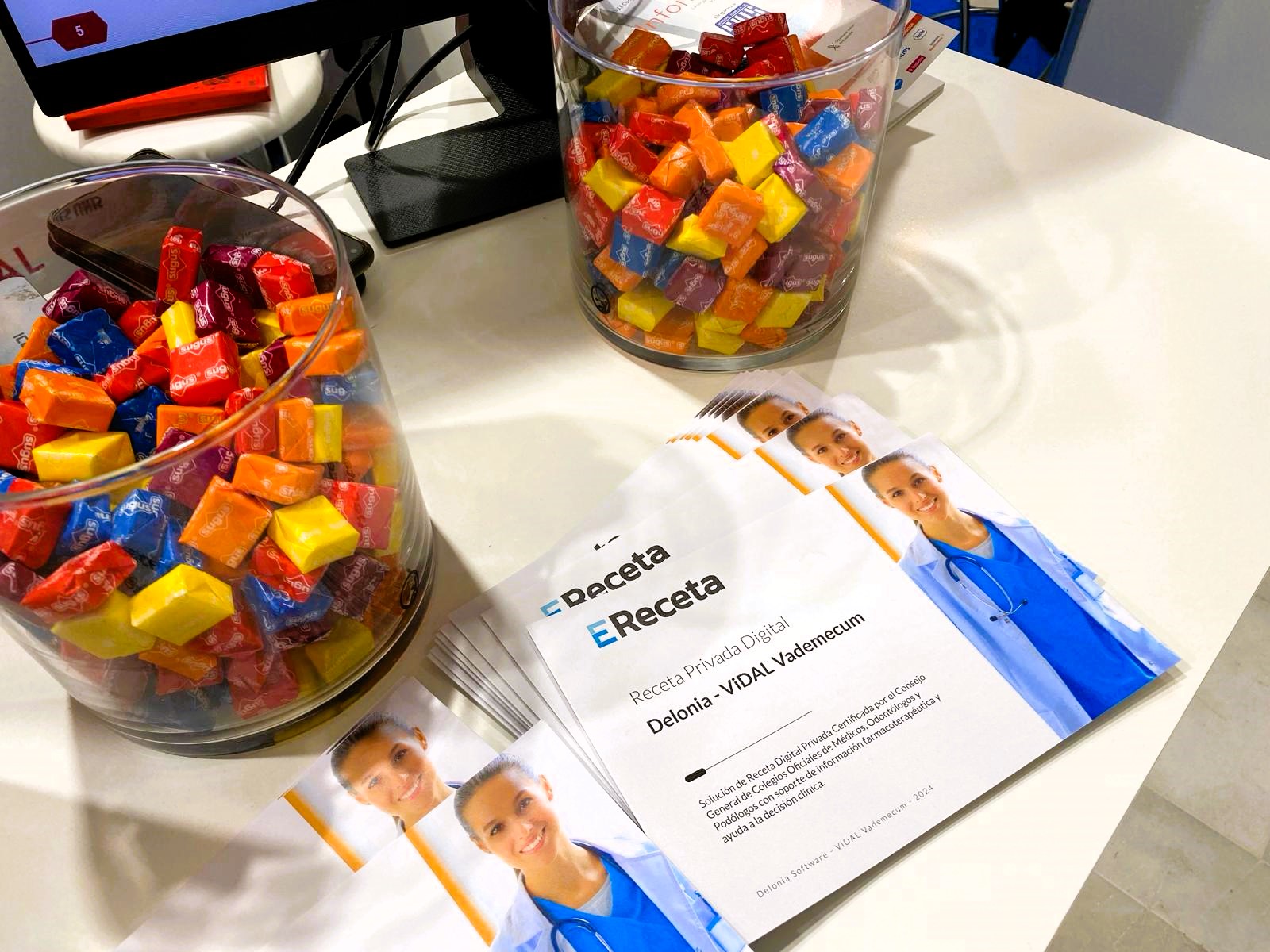
5. Artificial Intelligence
Once again, and given the topicality of the subject, artificial intelligence (AI) cannot fail to be present at this meeting, although the focus is once again on data and its proper management in two aspects:
1. The amount of data generated in the National Health System on any given patient is enormous. There is sufficient data, but the difficulty lies in their processing, the need to structure, standardize and homogenize them, and not treat them in isolation in order to give them coherence and ensure interoperability. Certainly, working on these elements will allow the AI models information of value in the diagnosis and prognosisbut first it is necessary to eliminate information silos, minimize data fragmentation and data dispersion across multiple platforms, as well as overcoming data fragmentation and difficulties of the health professional to access this information and make better decisions in an agile way.
2. Regulatory issues are very important and the application of AI will be limited by this aspect. Certainly there is a need to combine security and agility in the use of data for primary and secondary purposes. Again, the European framework provides much more guarantees to the individual, who is the sole owner of his or her data, but at the same time, it slows down progress.
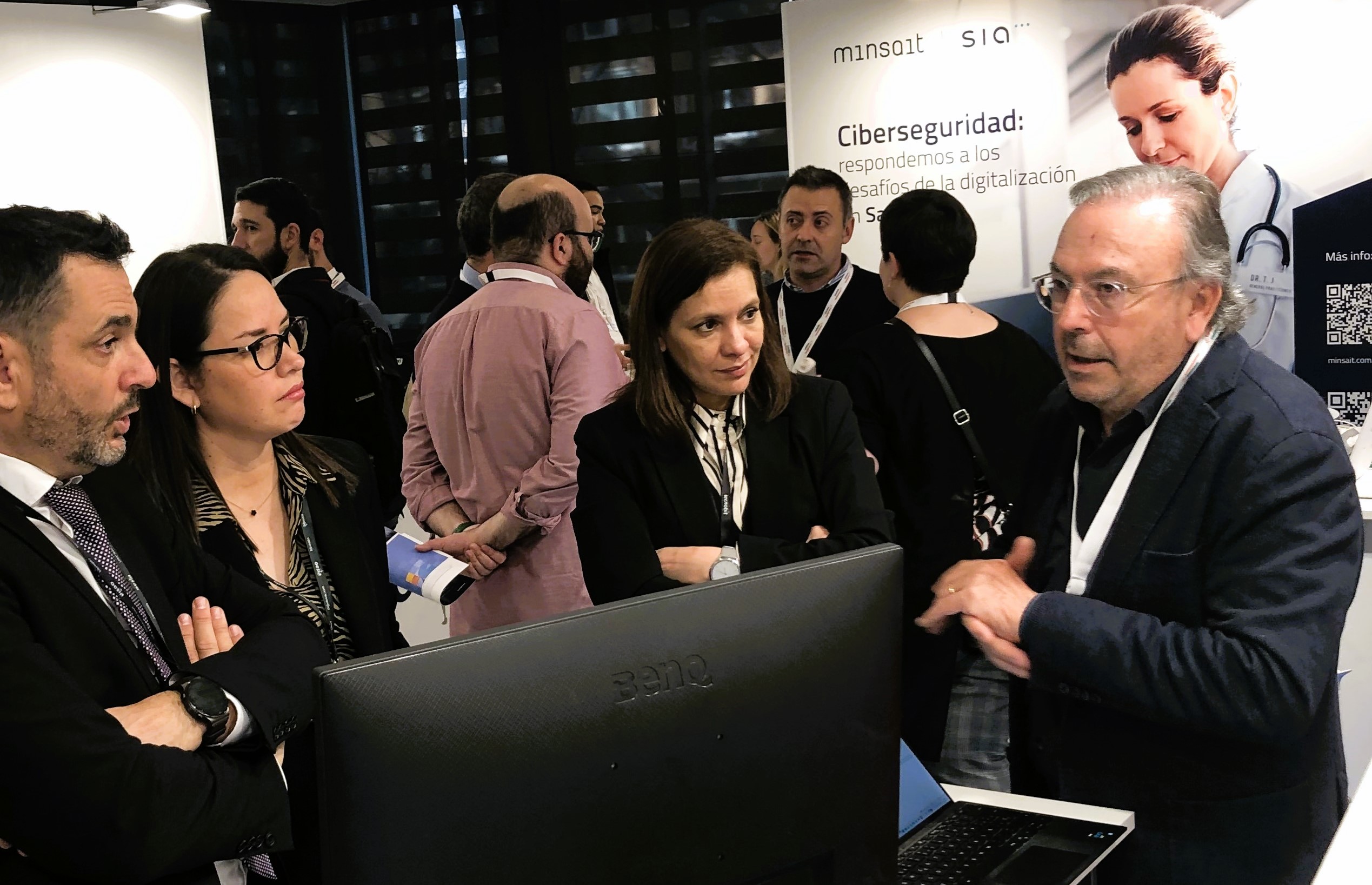
6. Vidal Vademecum Session by Manuel Julbez
The Vidal Vademecum talk by Manuel Julbet was very interesting. Manuel Júlbez, where a presentation was made on the value of ViDAL as a provider of validated and certified pharmacological information. A very dynamic talk on “SYNERGIES between intelligence, technology and knowledge” with the focus on several elements:
- Vidal has more than 200 IT partners and customers in the healthcare sector worldwide.
- ViDAL Vademecum is the world’s leading Spanish-language health informatics company, specialized in Structured Drug Databases and Clinical Decision Support Modules.
- Its mission is to support the transfer of knowledge about medicines throughout the care chain to increase the number of people who can live longer and healthier lives.
- Technological synergies with Delonia and Resulto Consultoría are strengthened. Delonia provides the solution of Digital Private Prescription solution, providing value to the ambulatory and primary care prescriber. In addition to providing patient safety. On the other hand, Resulto Consulting is defined as an essential part for the vertical transition of SAP IS-H and i.s.h.med, which ends its maintenance in 2023.
- ViDAL’s pharmaceutical synergy with Asserta and Josep Monterdea is defined through two solutions, Pharmacy Analytics Manager and Fleming PROA, used in real healthcare practice for more than three years in Spain and Latin America.
In addition to the program of sessions and the interesting technological solutions presented, it is worth mentioning how the Exhibition Area provided the opportunity for direct contact with leading companies in the sector, health services and public bodies present at the different stands. A very appropriate framework that facilitates the meeting and reunion with people, the exchange of ideas and ways of collaboration.

